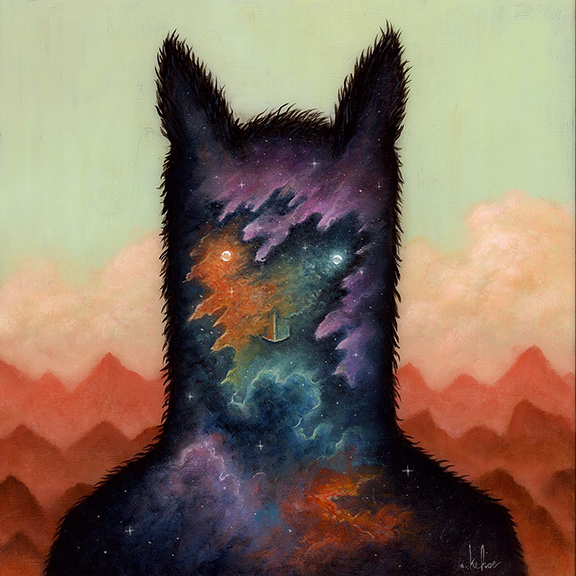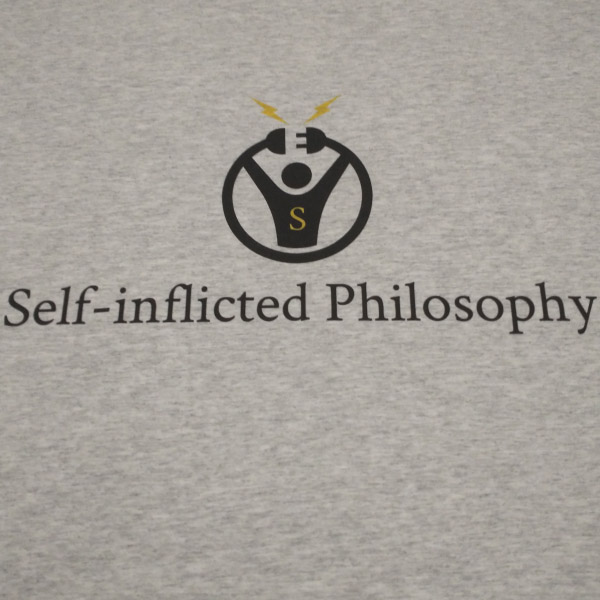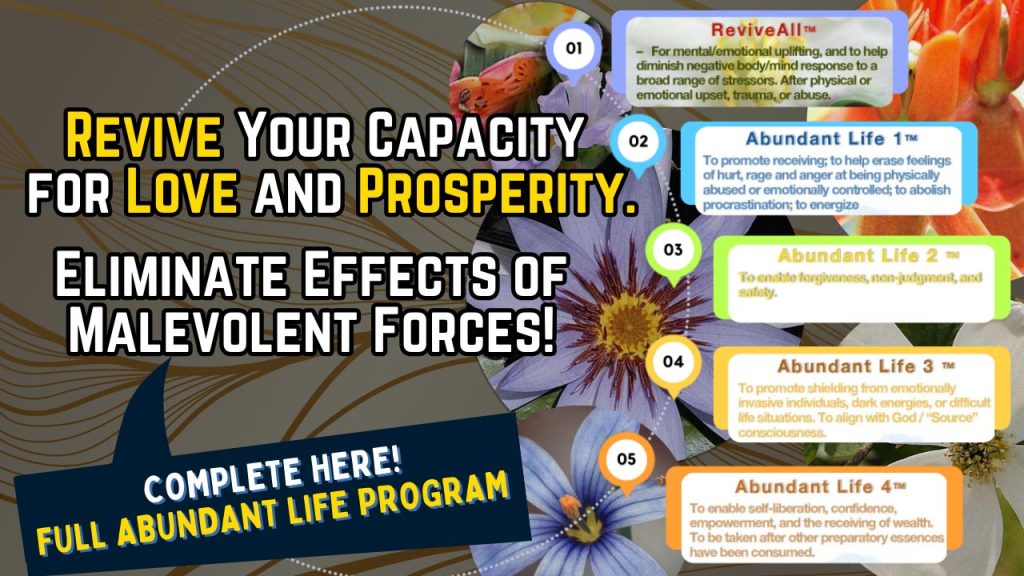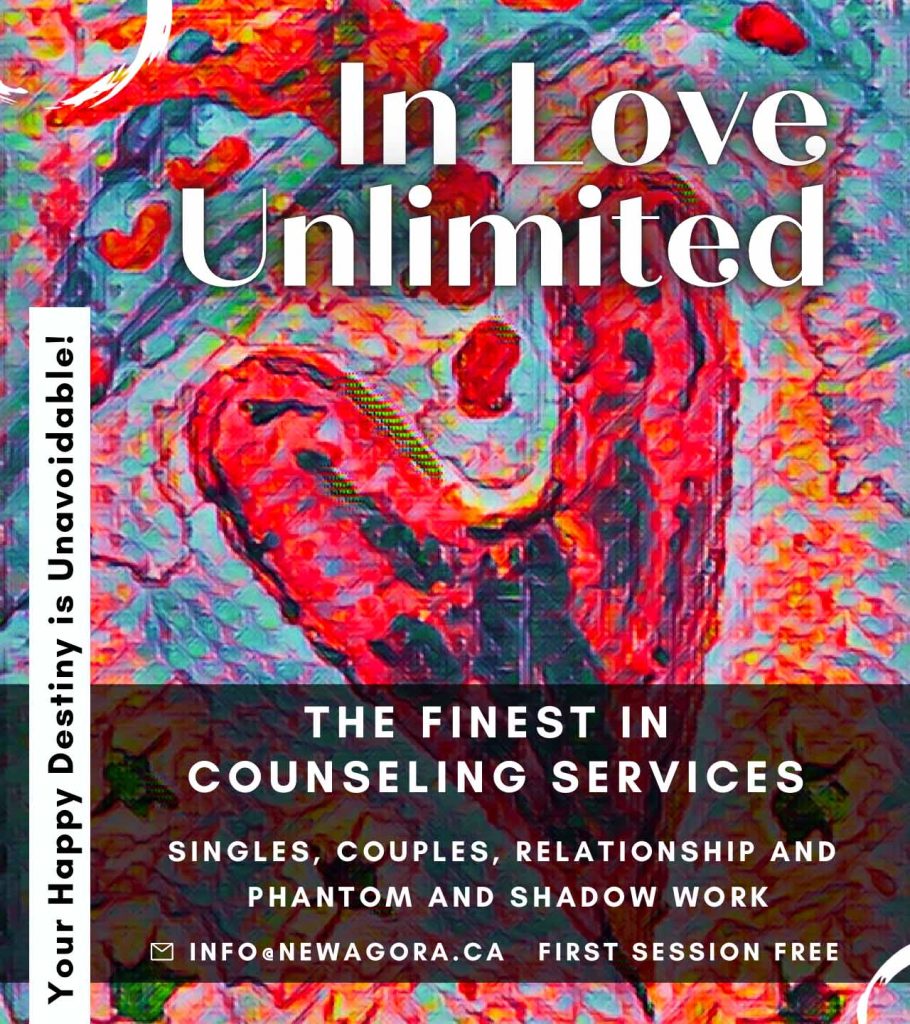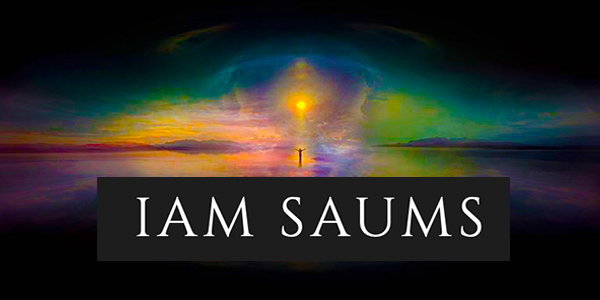By Gary Z McGee
“The secret source of humor is not joy but sorrow; there is no humor in Heaven.” ~Mark Twain
In the face of an absurd universe, we have the choice to balk, to fear, to ignore, or to laugh at the absurdity of our finite condition within a seemingly infinite precondition. Of the four, only laughter has the power to get us out of our own way. Only laughter sets the stage for courage, imagination, and the ability to create meaning despite absurdity. Only laughter can get us past sadness.
If the heart of humility is humor, then the heart of humor is sadness. Why sadness?
Most of us are culturally conditioned to have unreasonable expectations. We’re indoctrinated into believing the world works a certain way. Most of us, eventually, mature enough to rise above this indoctrination. But in our rising, there is also a falling—a fall from grace, a fall from innocence, a fall from faith. This fall hurts existentially. Our heart breaks. Our soul aches. Our ego is humbled. This creates a deep sadness.
In the face of our shattered expectations, discovering a good sense of humor becomes our only saving grace. Good humor tends to be a reaction to unmet expectations. From the hard ground of truth, our shattered self is left with a difficult choice: either we cease being mistaken or we cease being honest. A good sense of humor gets us out of this existential briar patch by choosing honesty as an attempt at not being mistaken.
Of course, mistakes will continue to occur. Which is all the more reason to cultivate a good sense of humor moving forward. The universe will continue to be absurd despite our attempts at making sense of it. The universe will continue being uncertain despite our attempts at being certain of it. No matter how much we attempt to pigeonhole truth, truth will continue to be un-pigeonhole-able.
All the more reason to have a laugh.
The “toothache” in our own humor:
“There are men so philosophical that they can see humor in their own toothaches. But there has never lived a man so philosophical that he could see the toothache in his own humor.” ~H. L. Mencken
Challenge accepted, Mr. Mencken.
The ache in our humor is twofold: Once going through the killing of our expectations leading up to our sense of humor, and again in retrospect; looking back on our journey, we see how our grief gave birth to our humor. We see how our ideal had to die for our soul to fly. We see how we had to break our heart open for the light to get in. We see how our growth came from honoring our wounds rather than rejecting, fearing, or repressing them. We see how our wisdom could only have ever come from the sacred wound of our fall from grace.
This doesn’t make it any less painful or sad. If anything, it makes it even more painful, even more sad. It pinpoints our pain. It quantifies our sorrow. It magnifies our humility. We’re made even more aware of our grief. Our fallibility, imperfection, and utter wrongness as a species becomes even more poignant.
From the ashes of our will to power arises our will to humor to solve the equation. And the solution is laughter: high laughter, high humility, high humor.
A toothache? Forget about it. Everything aches. That’s life. As the Dread Pirate Roberts tells the princess in The Princess Bride, “Life is pain, highness. Anyone who tells you otherwise is selling something.”
But even as everything aches, we have the power of a good sense of humor to fly over it all. The human condition is a fleeting spark in the eternal dark. Our aches and pains are transitory things, like slow-moving clouds in the sky. Tragedy won’t last, but neither will triumph. Even suffering is laughable when you have a good sense of humor.
So what if our sense of humor has a toothache? We have high laughter as existential salve.
A humorous disposition dispossesses:
“Humor is not a mood but a way of looking at the world.” ~Ludwig Wittgenstein
High humor is not a philosophical diet or passing psychological fad, it’s a lifestyle. It’s a way of looking at the world that keeps us in an almost perpetual state of healthy detachment so that we can continue to see how everything is attached; so that we may stay ahead of the curve by guarding against getting attached (clinging) to any aspect of the curve.
If, as Wittgenstein further stated, “philosophy is a battle against the bewitchment of our intelligence,” then it stands to reason that we use high humor as a philosophy against bewitchment.
When we don the cloak of high humor, no belief, no matter how true it may seem, is off the hook for being questioned with ruthless skepticism. In the battle against bewitchment, the destruction of a belief, no matter how powerful, is mere collateral damage.
The opposite of belief is neither disbelief nor doubt, but curiosity and clarity of thought.
It’s only through a good sense of humor that we come to realize the concept of belief is anathema to curiosity and clear thinking. If we can manage to replace all usage of “believe” with “think” then we get ahead of the curve of our clinging.
This way, we don’t BELIEVE that we CERTAINLY exist; we THINK that we PROBABLY exist. But we could be wrong. We remain circumspect, for even our interpretation could be an illusion, no matter how “true” it might seem.
Free of the mindset of a settled mind, we move into the mindfulness of a curious mind. Curiosity is a philosophical phoenix that continually rebirths itself even as it flies over it all in honest detachment.
We become a powerful question-generator that counterbalances the delusion-generator of the human condition. We remain ahead of the curve, surfing Aslam’s Infinite Circle on the surfboard of Occam’s Razor. In absolute awe over the beautiful unfolding of an ultimately unknowable universe. On the edge of our own curiosity, questioning all “answers,” countering all beliefs, eluding all delusions. We’re a self-inflicted philosopher with high humor, and not even God is safe from our ruthless inquiry.
Image source:
About the Author:
Gary Z McGee, a former Navy Intelligence Specialist turned philosopher, is the author of Birthday Suit of God and The Looking Glass Man. His works are inspired by the great philosophers of the ages and his wide-awake view of the modern world.
This article (The Ache of High Humor) was originally created and published by Self-inflicted Philosophy and is printed here under a Creative Commons license with attribution to Gary Z McGee and self-inflictedphilosophy.com. It may be re-posted freely with proper attribution, author bio, and this statement of copyright.


